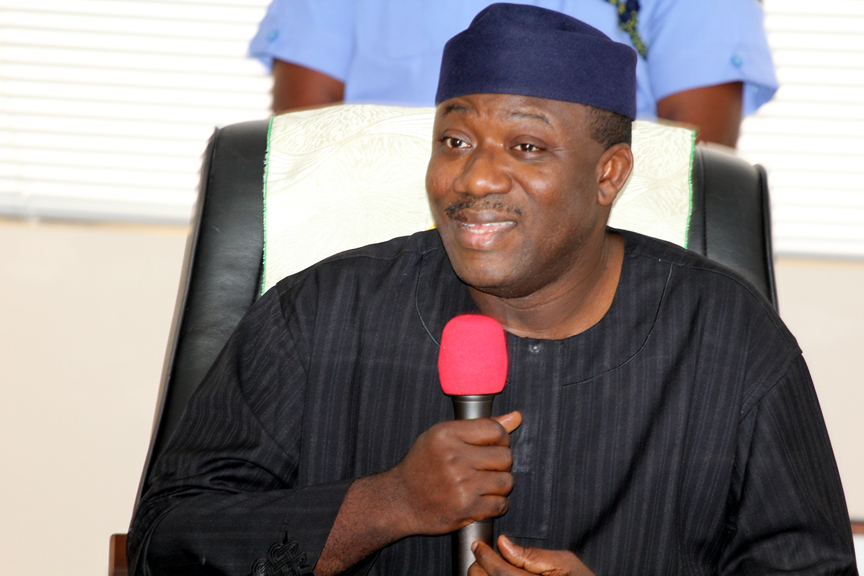Economic uncertainty in Africa’s largest economy, Nigeria, continued to push inflation higher in March despite efforts to ease rising consumer prices.
The Consumer Price Index, which measures the inflation rate, quickened to 33.20 percent in March, according to the latest report from the National Bureau of Statistics (NBS).
This represents an increase of 1.50 percent from 31.70 percent reported in February.
On a yearly basis, the inflation rate was 11.16 percent higher when compared to the 22.04 percent filed in March 2023, indicating a broad-based increase in headline inflation.
However, on a month-on-month basis, the headline inflation rate increased at a slower pace in March compared to the previous month. In March, the inflation rate stood at 3.02%, while in February, it was 3.12%
Food Inflation
Prices of food items increased at 40.01% year-on-year basis in March 2024 from 24.45% achieved in March 2023.
The National Bureau of Statistics (NBS) attributed the increase to the rise in prices of the following items Garri, Millet, Akpu Uncooked Fermented (which are under the Bread and Cereals class), Yam Tuber, Water Yam (under Potatoes, Yam, and other Tubers class), Dried Fish Sadine, Mudfish Dried (under Fish class), Palm Oil, Vegetable Oil (under Oil and Fat), Beef Feet, Beef Head, Liver (under Meat class), Coconut, Water Melon (under Fruit Class), Lipton Tea, Bournvita, Milo (under Coffee, Tea and Cocoa Class).
On a monthly basis, the food inflation rate grew at a slower rate of 3.62 percent in March, a 0.17 percent decrease compared to the 3.79 percent recorded in February 2024.
The fall in Food inflation on a Month-on-Month basis was caused by a fall in the rate of increase in the average prices of Guinea corn flour, Plantain Flour etc (under Bread and Cereals class), Yam, Irish Potatoe, Coco Yam (under Potatoes, Yam & Other Tubers class), Titus fish, Mudfish Dried (under Fish class), Lipton, Bournvita, Ovaltine (under Coffee, Tea and Cocoa class).
The average annual rate of Food inflation for the twelve months ending March 2024 over the previous twelve-month average was 31.40%, which was 8.69% points increase from the average annual rate of change recorded in March 2023 (22.72%).

 Forex1 week ago
Forex1 week ago
 Naira4 weeks ago
Naira4 weeks ago


 Naira1 week ago
Naira1 week ago
 Company News4 weeks ago
Company News4 weeks ago


 Naira1 week ago
Naira1 week ago




 Naira3 weeks ago
Naira3 weeks ago
 Billionaire Watch6 days ago
Billionaire Watch6 days ago
 Banking Sector3 weeks ago
Banking Sector3 weeks ago





















